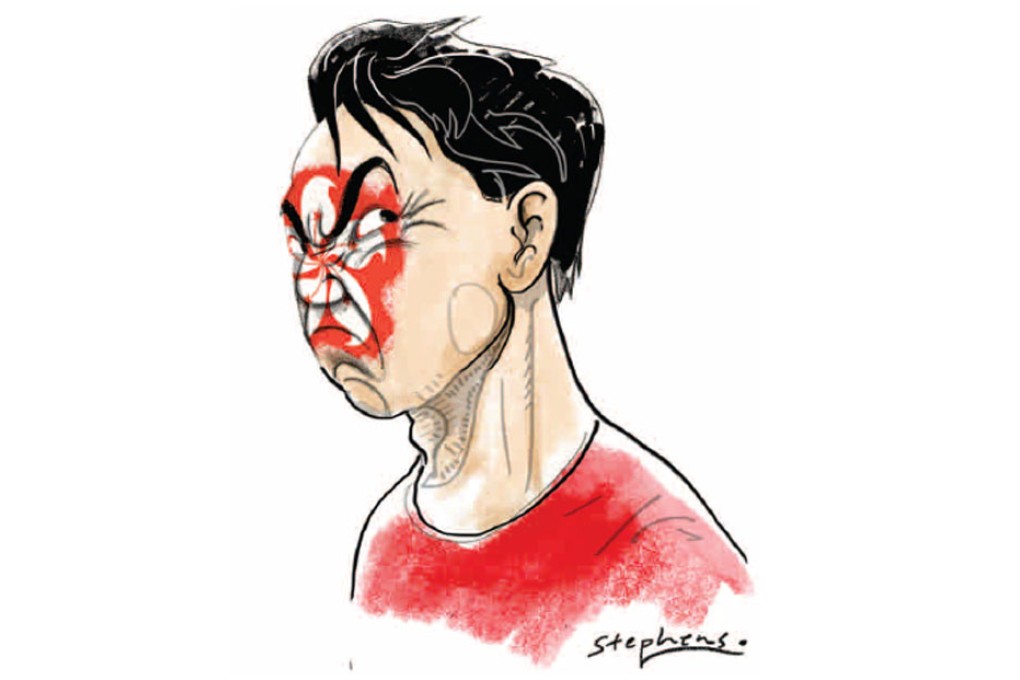Hong Kong must have zero tolerance for anti-mainlander hate campaigns
John Young says there is no place in Hong Kong for the racial hatred seen during anti-mainlander protests, and we must amend our laws now to offer better protection or risk souring relations

Last month's protests against mainland visitors in Tsim Sha Tsui cast a shadow over Hong Kong's reputation as a world city and international tourist destination. Anti-mainland protesters targeted Chinese visitors in an extraordinary display of hatred and contempt opposite the shops on Canton Road.
The protesters derided the mainland visitors as Shina - a derogatory term akin to "Chink" that originated from Japanese use during the second world war. Protesters reviled the visitors as "locusts", likening their presence in Hong Kong to an insect plague. In a media-savvy touch, the protesters symbolically "exterminated" the visitors by spraying them with bottles labelled "locust insecticide". The "insecticide" later proved to be water but the toxic message was clear.
Eventually, some of the protesters resorted to pushing and shoving visitors outside the shops. Several shops closed their doors for fear of damage by the protesters, forcing many of the tourists to seek safety in the shops that remained open. None of this was brought on by anything any individual mainland visitor had said or done that day.
Tourism is an essential component of Hong Kong's economy. Last year, the city played host to more than 50 million tourists, over 70 per cent of whom came from the mainland. But the loss of tourist dollars is not the greatest danger presented by the wave of anti-mainland protests. The real danger is the polarisation of Hong Kong society and the transformation of the cultural and political dialogue between Hong Kong and the mainland from one of co-operation, competition and accommodation to one of contempt, conflict and annihilation.
Hong Kong-mainland relations are complex. Expanded tourism from the mainland was instrumental in lifting Hong Kong's economy out of the doldrums following the 2003 severe acute respiratory syndrome epidemic but many of the jobs created are in relatively low-paying retail and service areas. There is also the question of tourism's impact on commercial rents and the loss of neighbourhood businesses.
The divisive cultural environment makes rational discussion of these issues unlikely, and encourages a bigoted response to mainland visitors. The danger posed by these self-appointed guardians of "Hong Kong identity" is their ability to influence the tone of discussion of issues relating to mainland-Hong Kong relations, to shift the agenda from a discussion of accommodation and benefit to one of zero-sum cultural chauvinism and hatred.